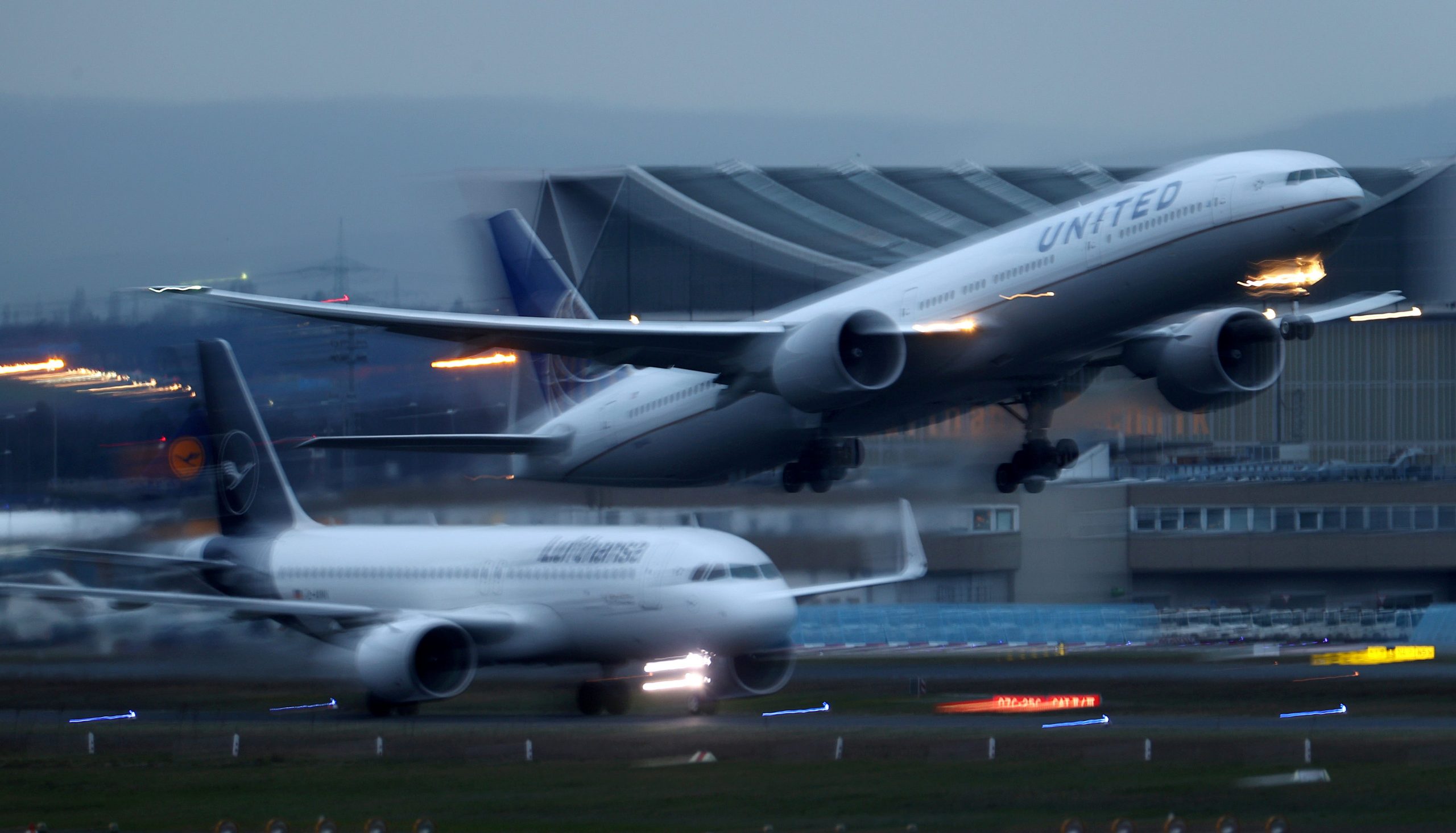- President Donald Trump’s announcement on Wednesday that the US will halt travel from 26 European countries for 30 days in response to the coronavirus has left some flight attendants reeling.
- The aviation industry at large, already struggling from a sharp decline in travel due to coronavirus fears, was blindsided by the announcement.
- The president of the Association of Flight Attendants-CWA – a union representing 50,000 attendants across 20 airlines – called the ban, which takes effect on March 13, “irresponsible” and urged Congress to step in and “save aviation jobs.”
- Visit Business Insider’s homepage for more stories.
President Donald Trump’s Wednesday announcement that a sweeping ban on travel from 26 European countries would go into effect on Friday, March 13 is causing confusion and panic across the aviation industry, not least among the flight attendants who work those routes.
The ban is a response to the spread of the COVID-19 coronavirus.
Sara Nelson, the president of the Association of Flight Attendants-CWA – a union representing roughly 50,000 flight attendants at 20 airlines – issued a statement on Wednesday calling the travel ban “irresponsible,” and saying “there is no explanation for how this will help fight the spread of the virus.”
Nelson also questioned Trump’s decision to exclude the UK and Ireland from the ban, when “the UK Health Minister herself has the coronavirus.” That critique echoes what some experts have been saying in the wake of the ban; Amanda Sloat, senior fellow at Brookings, said “Trump’s ‘Europe but not Britain’ ban is illogical…UK still has open borders with the EU. Viruses don’t respect borders,” via The Independent.
Nelson denounced the ban as "an attempt to distract from the administration's failure to adequately test for the virus, failure to contain the spread, suppression of advice from leading scientists, and failure to consult with stakeholders." Nelson called on Congress to "protect the US aviation industry and save aviation jobs."
The ban halts travel from 26 European countries, but excludes US citizens, permanent US residents currently abroad, and people traveling to Europe.
It comes as airlines are already reeling from the effects of the coronavirus pandemic - the number of new bookings has plummeted while cancellations have increased dramatically, giving airlines no choice but to cut flights as demand drops.
The global aviation industry has lost $41 billion of its value in just the last month, according to Russ Mould, Investment Director at AJ Bell. By some estimates, when all is said and done, lost revenue to airlines around the globe could total $113 billion as a result of the disease, an industry trade group warned, according to the Associated Press.
Airline stocks, already battered by the coronavirus, slipped further into turmoil on news of the ban. In pre-market trading, Delta fell more than 6%, United Airlines was down more than 10%, and shares of Boeing plunged 42%.
Trump's abrupt announcement has left airlines scrambling to understand how the ban will affect their businesses. Likewise, Nelson says she is unsure what implications the new policy have for the tens of thousands of flight attendants her union represents: "We don't even know what this means."

